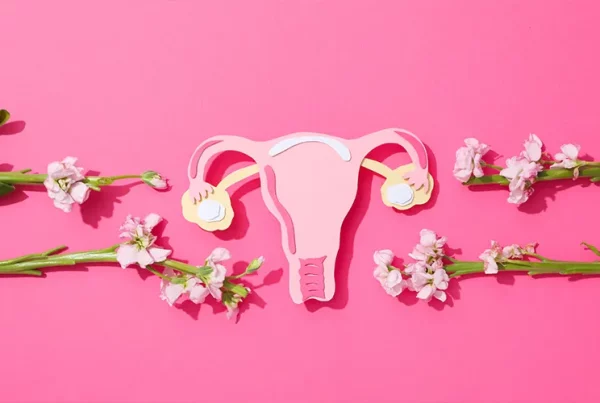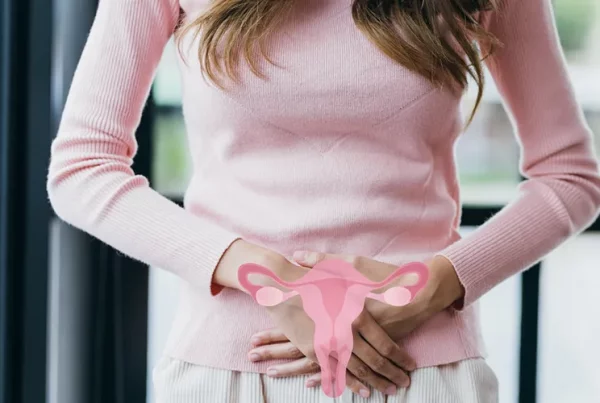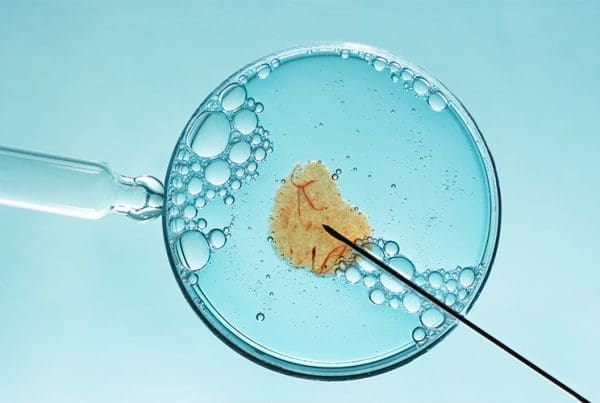
Conceiving and having children are common goals for many individuals. However, as individuals grow older, both men and women will experience changes in fertility. According to the Department of Statistics Singapore, the total fertility rate has hit an all-time low of 0.97 in 2023, indicative of a trend where people are increasingly postponing childbirth. This can be attributed to factors such as the financial costs of raising a child, pressures to be an excellent parent, and difficulties managing work and family commitments. The low fertility rate could also be a reflection of the changing individual priorities and social norms.
So for couples who plan to have children later in life when they are more financially and mentally prepared, it is important to recognise that age remains an important factor in a decrease in fertility. In this article, we will explore the details of age-related fertility reduction and understand its impact on both men and women. We will also discuss the underlying biological factors and their implications for family planning.
How Female Fertility Is Impacted by Age
Women are born with all the eggs they will have in their lifetime, and as they age, their eggs decline in quality. At birth, a female child is born with around 5 million eggs, which plummet to about 500,000 when menstruation begins. This number continues to dwindle as a woman ages, to around 25,000 by the age of 37, and 1000 close to menopause. Due to the decline in the quality and quantity of a woman’s eggs as she ages, it may be more challenging for her to conceive naturally.
Moreover, later-in-life pregnancies or geriatric pregnancies are often associated with an increased risk of pregnancy complications such as gestational diabetes, hypertension, and chromosomal abnormalities in offspring. These challenges highlight the significance of early discussions with a gynaecologist regarding family planning and fertility preservation options.

How Ageing Affects Male Reproductive Health
Unlike women, men can continue to produce active sperm throughout their lifetime. However, as men age, there is a gradual descent in the quality and quantity of sperm. This dip usually starts around the ages of 40 to 45 and can reduce the chances of successful pregnancy while increasing the risk of miscarriage and foetal death. Furthermore, older fathers have been associated with an elevated risk of genetic disorders and certain mental health conditions such as autism spectrum disorder and schizophrenia (although these are rare). Therefore, it is important for men to be proactive in considering the impact of age on fertility and seek guidance from healthcare professionals when planning for parenthood.
Ways to Enhance Your Likelihood of Becoming Pregnant
That is why taking proactive measures is one of the ways to increase your chances of parenthood. Start by having open and honest conversations with a fertility specialist about your reproductive goals and family planning. This will help you learn more about your fertility status and enable you to make informed decisions about the best timing for pregnancy. If you are considering delaying parenthood, there are fertility preservation techniques available, such as egg freezing and embryo cryopreservation, that can provide you with viable options to protect your reproductive potential.
Additionally, assisted reproductive technologies like in-vitro fertilisation (IVF) and intra-uterine insemination (IUI) can give hope to couples facing infertility, offering a pathway to parenthood despite age-related declines in fertility.

In closing, age has a great influence on fertility for both men and women. It is vital to understand the complex relationship between age and reproductive health to make conscious choices about family planning. Consulting with healthcare professionals and exploring available options can help you gain the confidence to navigate the challenges of age-related fertility diminishment and kickstart your journey towards parenthood.
Are you ready to take full control of your fertility journey? At SMG Women’s Health, we understand the significance of fertility and family planning in your life. Our network of specialist clinics in Singapore provides comprehensive care and support customised to your individual needs. From exploring fertility preservation options to seeking guidance on conception timing, or considering assisted reproductive technologies, our medical facilities and personalised infertility treatment plans will empower you to make the right decisions for your future family.
Connect with us at SMG Women’s Health today to explore your options and plan for your future.



